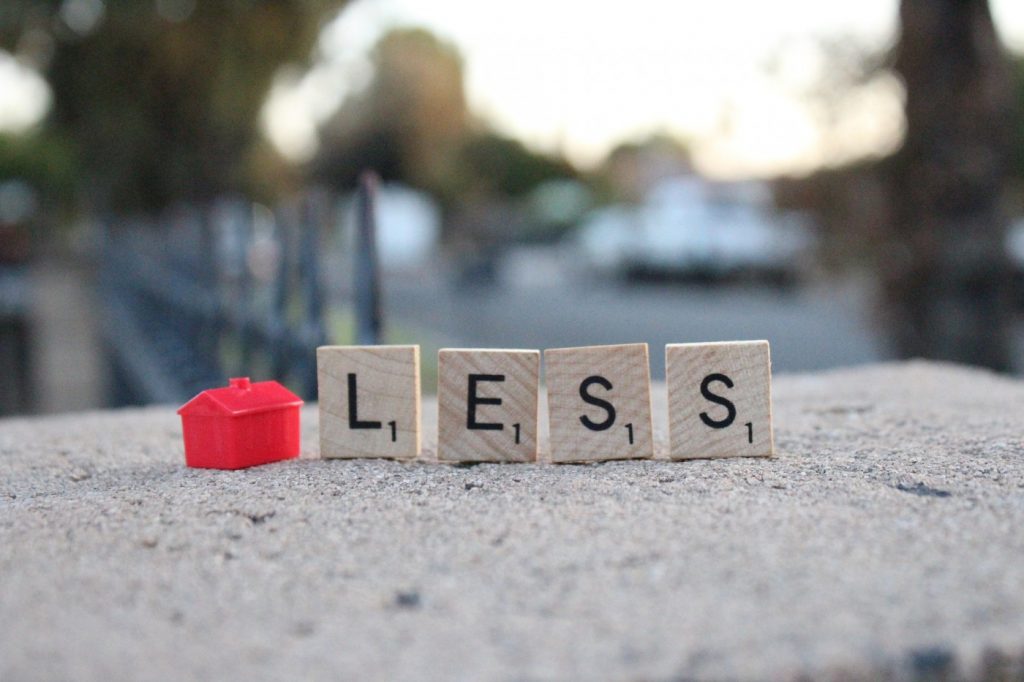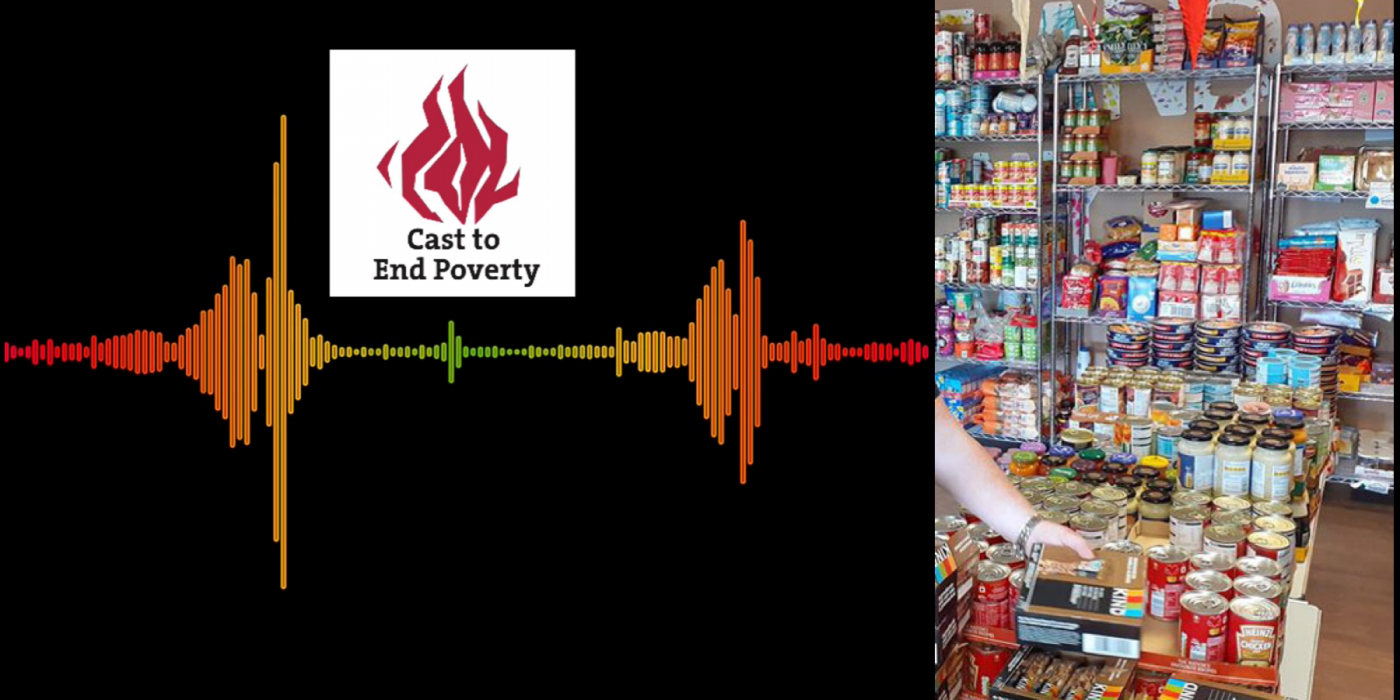Our latest 2021 story takes us to Migrant Support in Manchester.
How do we protect and rebuild dignity and power, with people who feel powerless and small?
Groups such as Migrant Support actively respond to those questions day in day out, as they work not merely to walk alongside people marginalised by society, but to end that marginalisation.
Migrant Support is the March feature in the 2021 Dignity, Agency, Power calendar. The organisation, based in Manchester, is a lifeline and first port of call for many, providing practical support and social encouragement.
People arriving in the UK are often denied access to employment or support, but if our national systems don’t always reflect the compassion of our society, groups such as Migrant Support do.
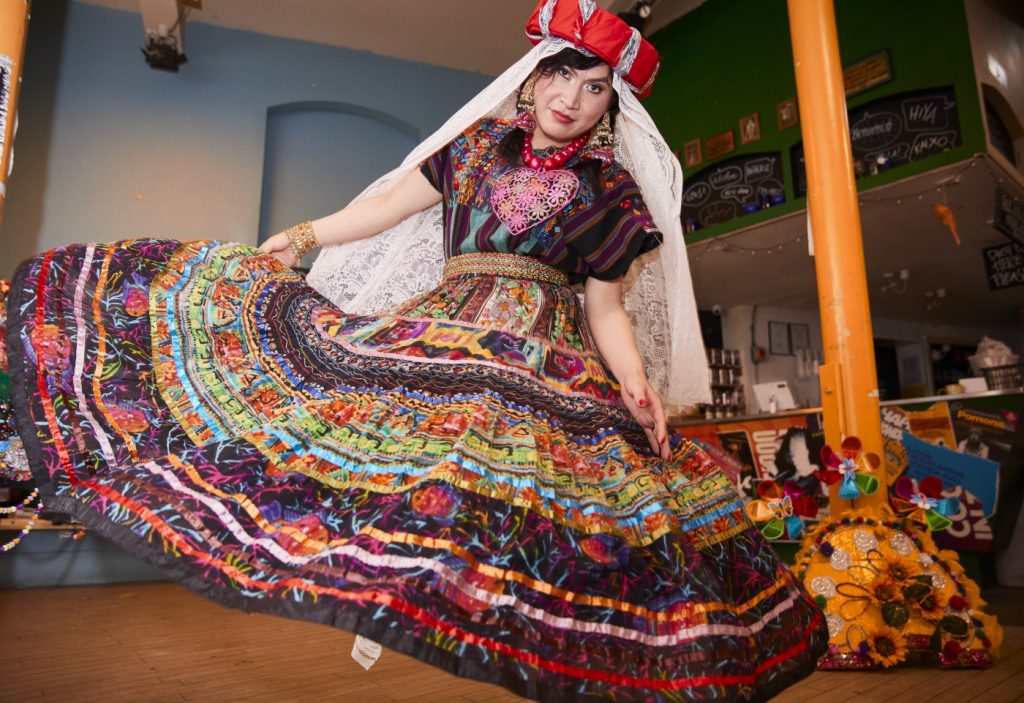
Starting a second life
Sally Hilton, the Migrant Support volunteer pictured on this month’s calendar, says Migrant Support helped her immensely. In a video for the organisation, she said: “The first time when I came here I was very scared about my life, so when I came into Migrant Support I told them my problems. I didn’t understand English so Sandra taught me I needed to learn English. She said ‘You have a second life in this country, so don’t be scared – I’ll help you for everything’.”
We asked co-founder Sandra Rice: what do the values of dignity, agency and power mean to your work?
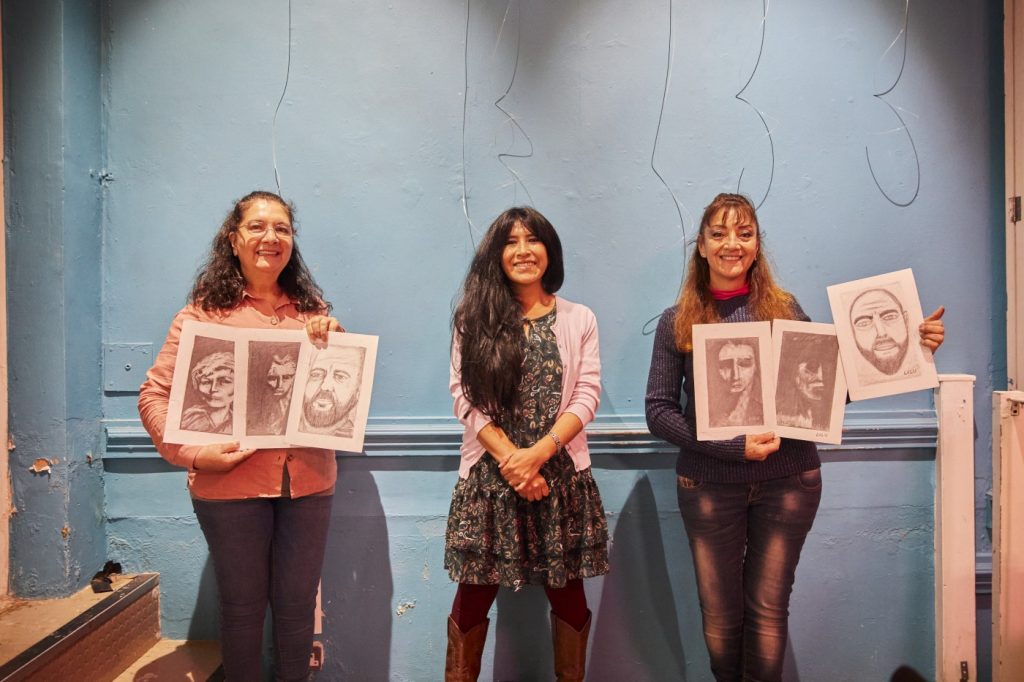
Sandra on dignity: being part of something
“For Migrant Support, dignity has a very strong meaning. People who come to Migrant Support feel they have no value or they have not been heard. Things that are a worry to them seem not to matter to the whole society. They feel they are tiny in size when they come to us.
“At Migrant Support we encourage people to come together, to feel that this is a family for them. We create a safe place where friendly staff help them to move forward a little bit closer to employment, to formal education as well.
“Getting involved with projects that actually help you to feel a bit better might sound very easy or simple, but to feel better about themselves is a big thing on the road to getting that dignity back, to a feeling of fulfilment or feeling of identity, and being part of something.
“That’s a process that doesn’t come in one meeting or by meeting only one person or solving a problem. It’s a long journey and having people around them or in a group during this journey means a lot, because you not only gain the dignity of one person, but the whole group gains.”
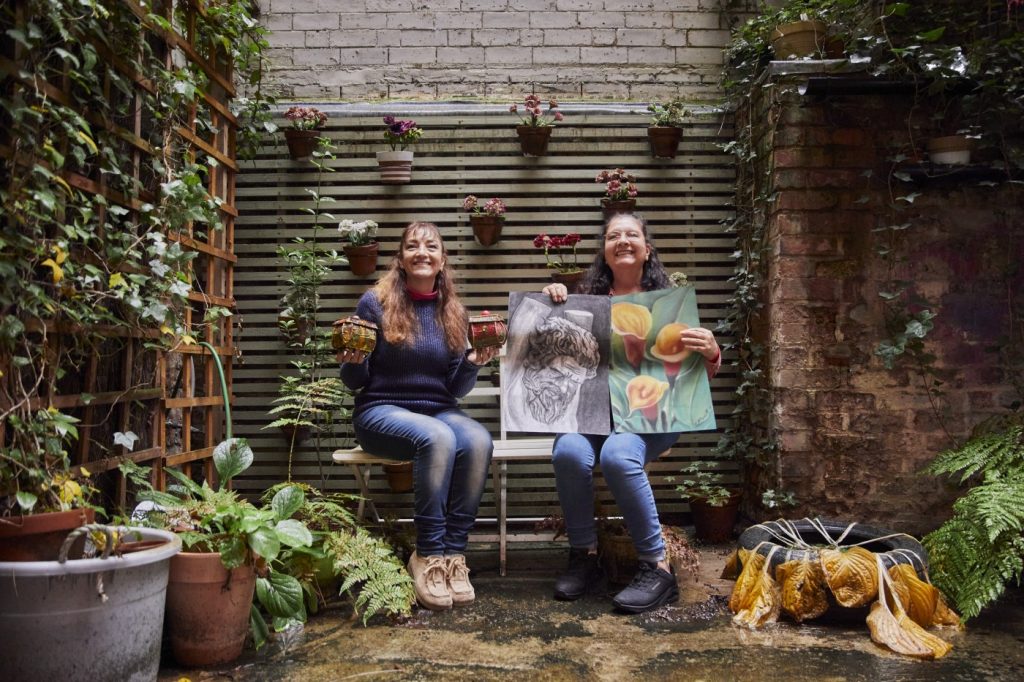
Sandra on agency: reducing dependency
“One of the key projects we do is the befriending, and peer support. People who come to Migrant Support are mainly looking for very specific needs or problems they want to solve, like calling the doctor or struggling for housing, or maybe they’ve been fired or they haven’t been paid.
“Once the main problem is solved, the next thing is to reduce levels of dependency. They feel that because they can’t do things for themselves they need somebody else and in most cases that is because of the language, or because they do not know how to do things or are scared to have a phone call with somebody.
“We have some students who speak English but when you give them the phone to speak with somebody, they just freeze; they can’t move forward.
“They say it’s a matter of being able to rely on their own skills and feel confident, and therefore they increase their levels of English and communication skills. By being able to know how to do things, practical stuff, then they become themselves – they don’t need to ask anybody else; they feel confident enough themselves to call the city council to solve a problem, or call the school and solve a problem.
“We know this is happening when with their list of asks and they’re not calling us anymore, because they are getting more confident.”
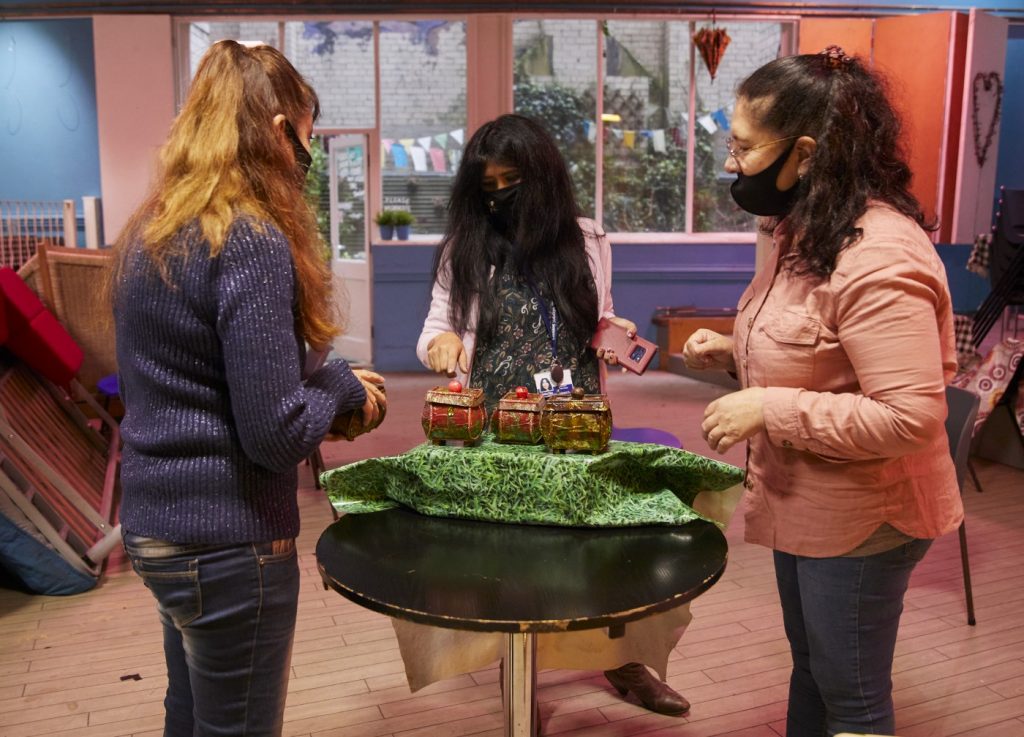
Sandra on power: building stronger, louder voices
“It’s slow steps. First, people have to feel the power to make change for themselves in a very small scale. Then it’s obviously being part of a community or volunteering or feeling they’re powerful, then it’s having their own community.
“An idea of Migrant Support is to help people be aware that with any decisions that could be taken in the community, they have the power actually to raise their voice and the power to join other groups – not only or always with Migrant Support; they could join their own communities. If there’s an issue that matters to them, they could be able to talk about it.
“Again, we go back to confidence… if they feel able to talk about issues that matter to them and they have the power to do it, they will. For instance, Self-Reliant Groups help them save money and then they think they could cook, or sell the products and get a little more income for themselves. The idea is that small changes can make a big change. That could be individually but also collectively, when voices are heard stronger and louder.”
An open door and strong relationships
Migrant Support helps people in many ways. Beyond the language, it helps people address past traumas, works with children who have arrived in the country, and helps people rediscover themselves, resurrecting hobbies, for example.
The pandemic has been a lonely and difficult time for many, but the language barrier can make it even harder for people new to the UK, when it comes to introducing oneself to neighbours or getting involved in neighbourhoods. What’s more, many of the people Migrant Support helps were working in zero-hours contracts and in hospitality work, so felt the economic impact especially severely.
Samira Chaudry is lead teacher at Migrant.Support, and she too was interviewed for the charity’s recent video.
She said: “There’s something very special about Migrant Support. The door is open for everyone regardless of their background and we accept people exactly for who they are.
“As a migrant myself who came here without the language and was able to go through the British education system and acquire the qualifications I needed to become a teacher, I so want to give something back. The gift that I can give to the migrants and asylum seekers is the gift of education.
“At Migrant Support, what we do is we value every single learner as an individual. We care about their past, their present, as well as their future. We build strong lasting relationships. The first most important thing is to build that friendship and trust, so they know we accept them for who they are, whatever their difficulties may be.
“We support them in terms of offering guidance and advice; we obviously direct them to services like housing and welfare, and we have someone who can offer legal support and we offer them friendship so they can relax.
“It’s so fantastic to see them having come with nothing and then, after a few weeks, able to say who they are, where they came from and learning the very basics of what they need. I’ve not met a learner yet who hasn’t wanted to succeed and get somewhere and we are they people that are actually giving them that avenue so they can make a success and integrate with the community.”

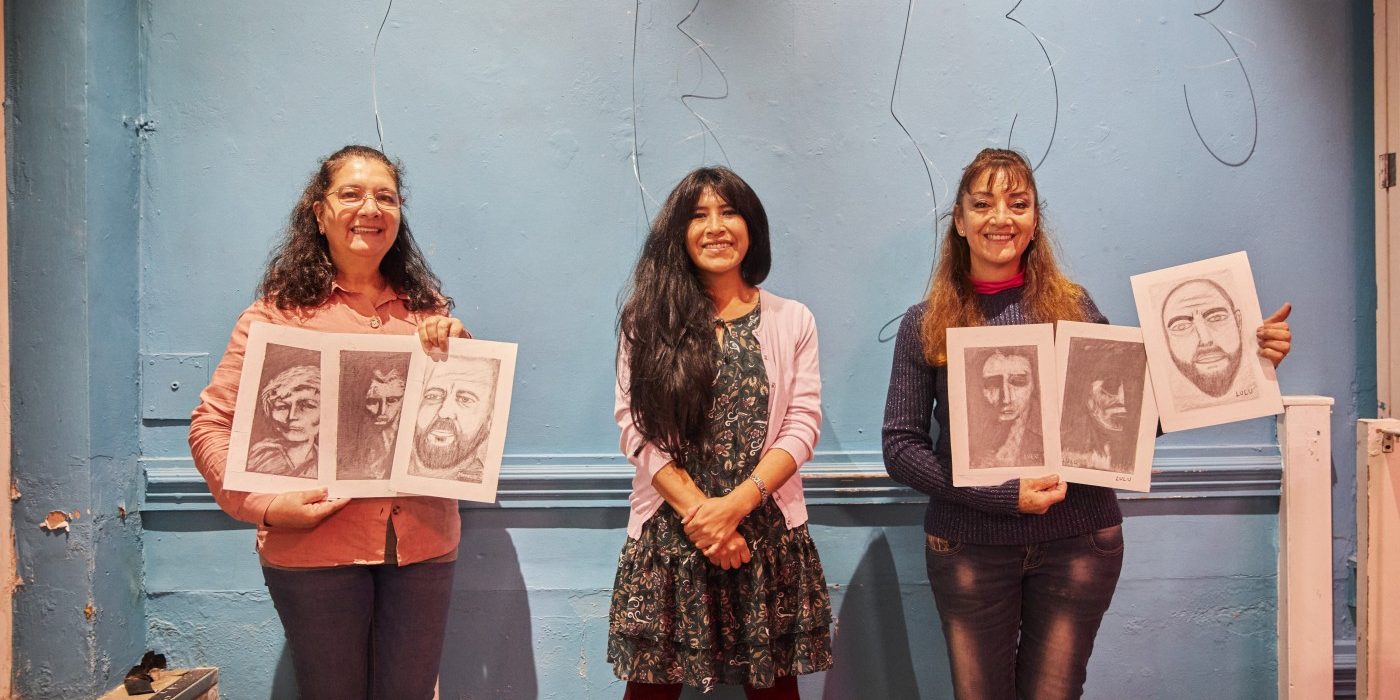
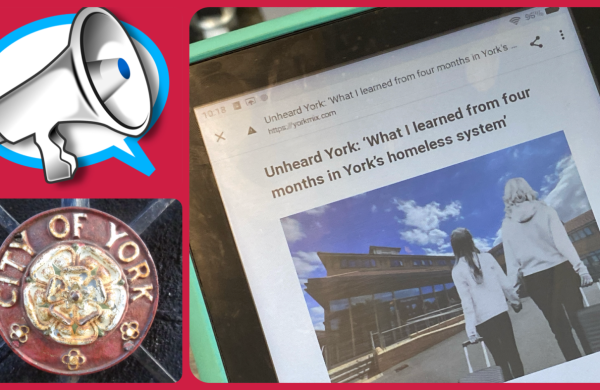

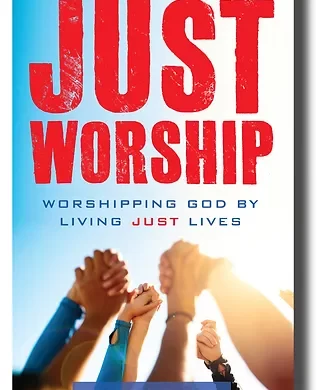
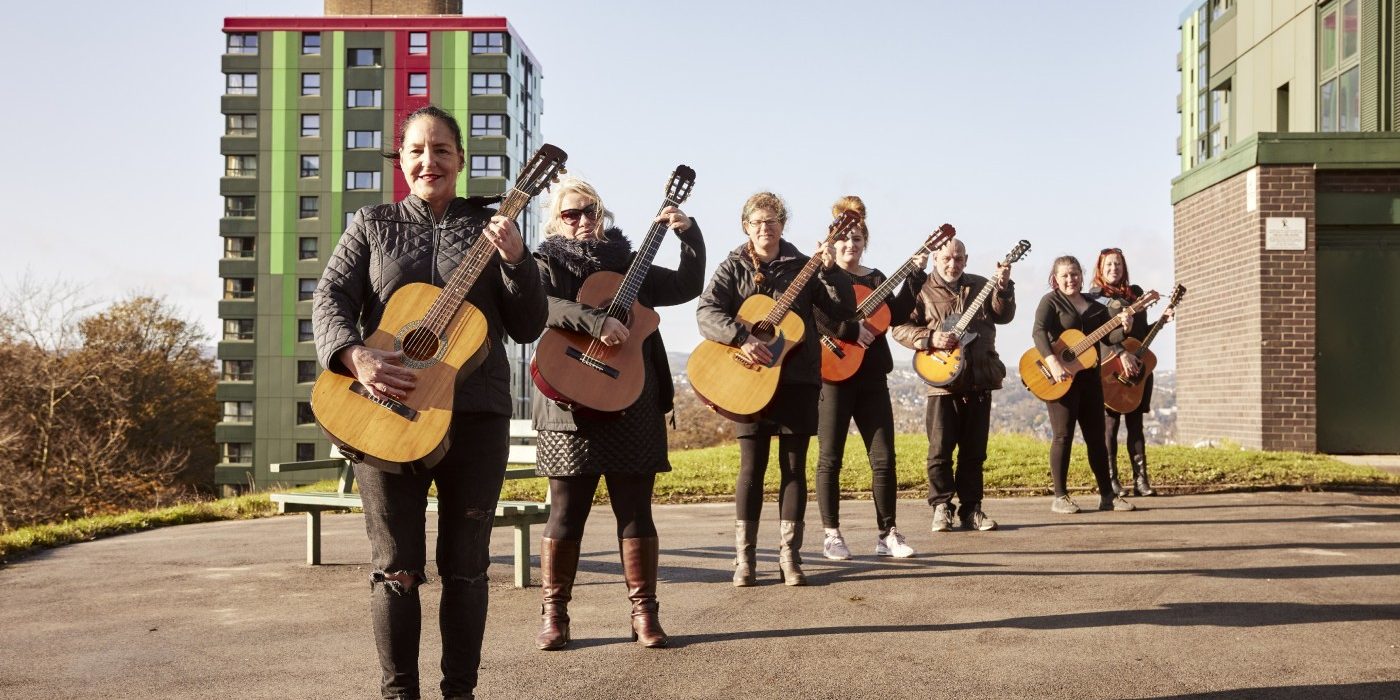
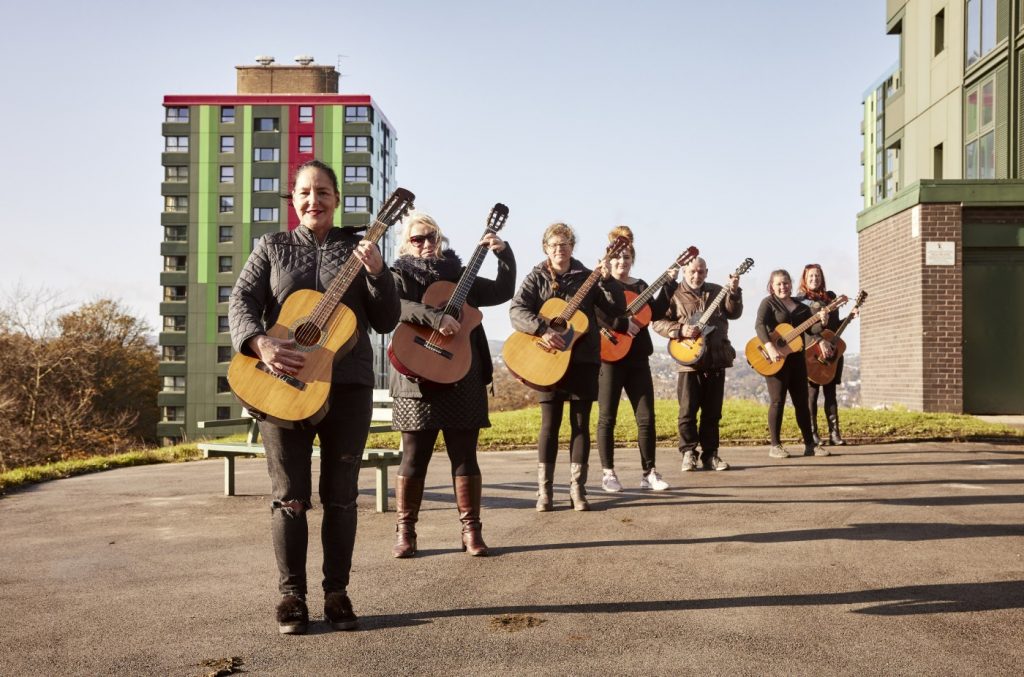
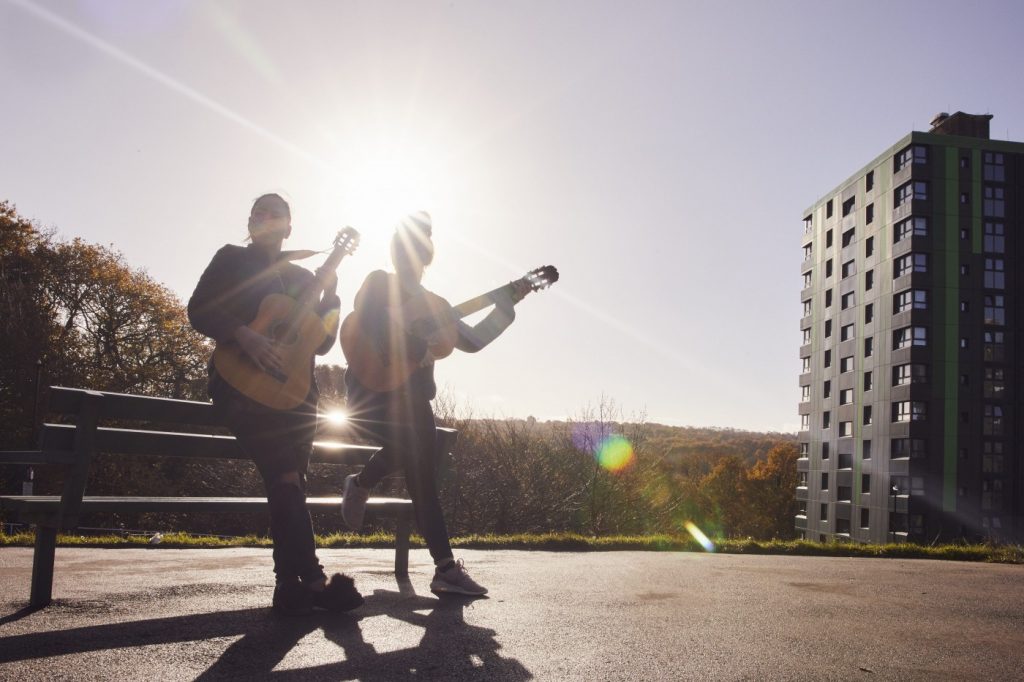
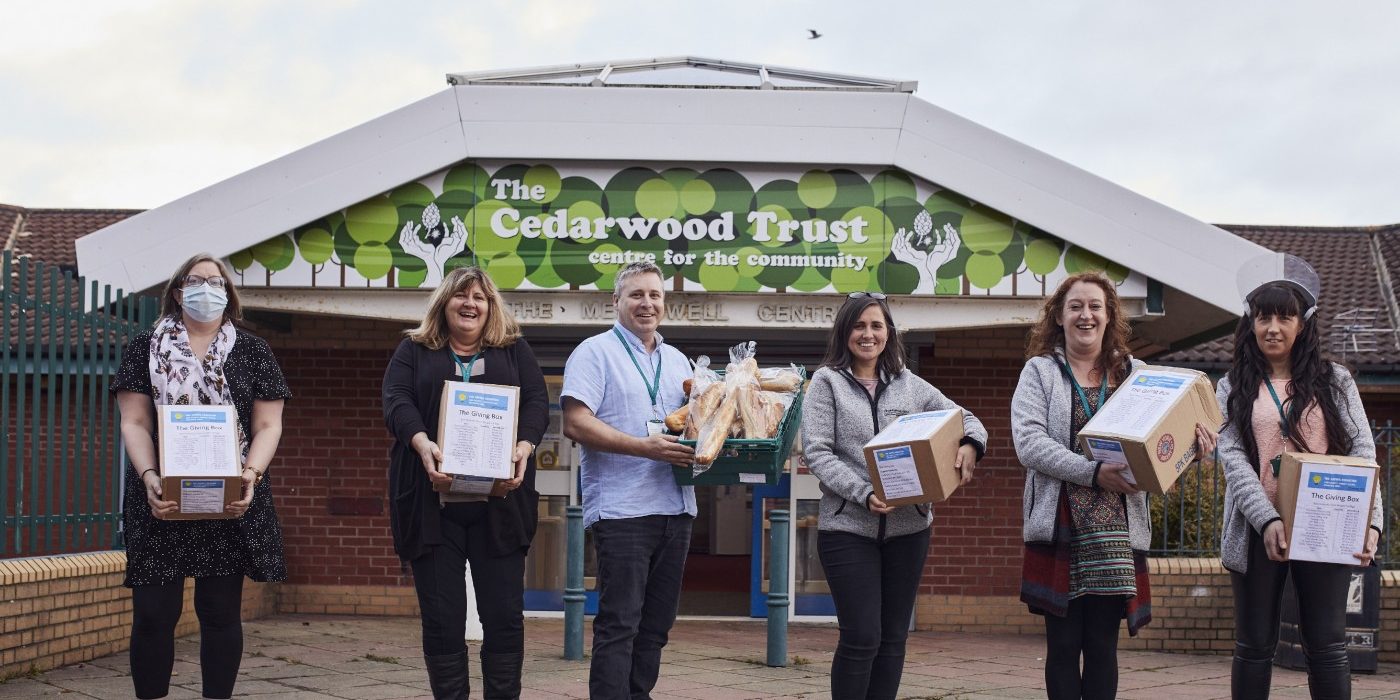
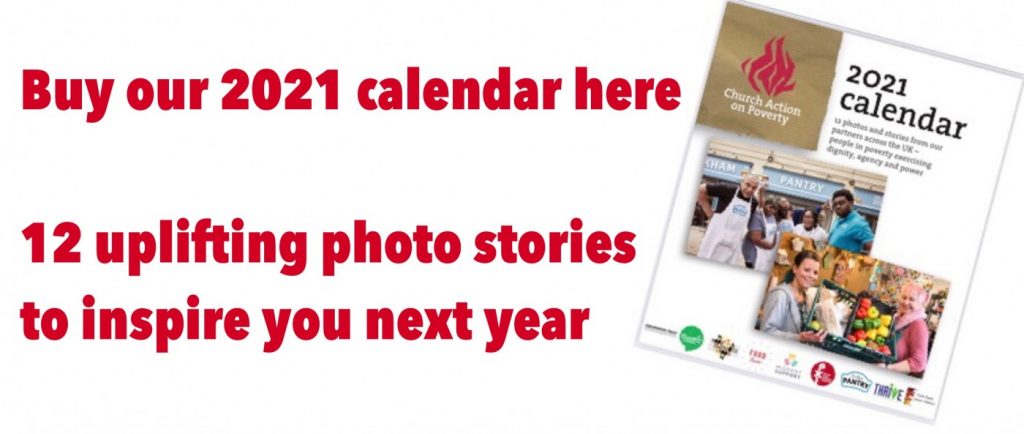
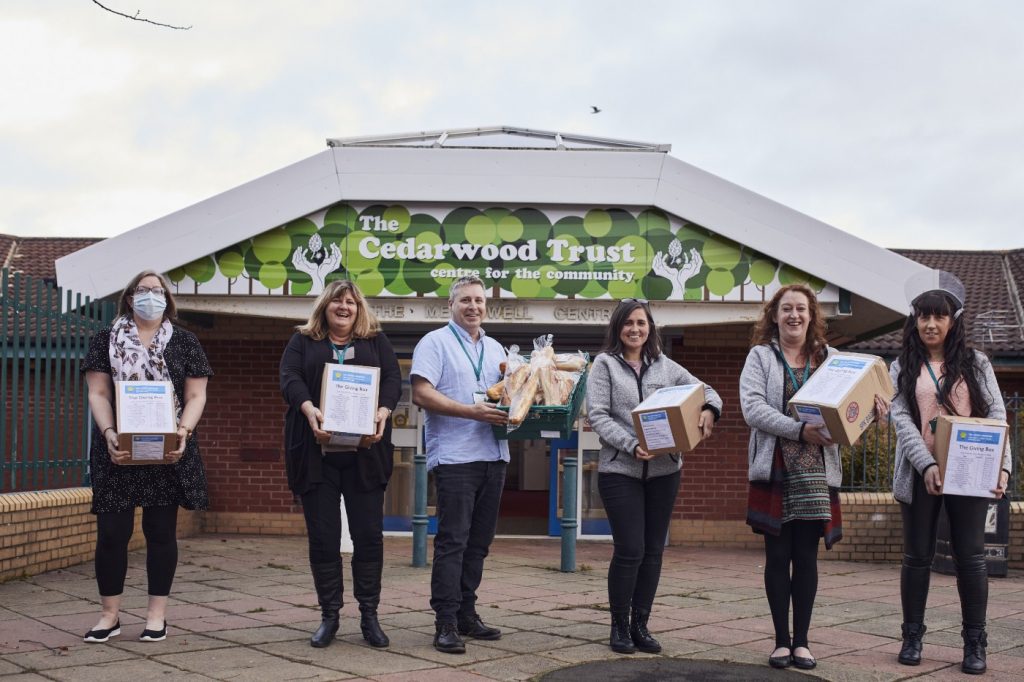
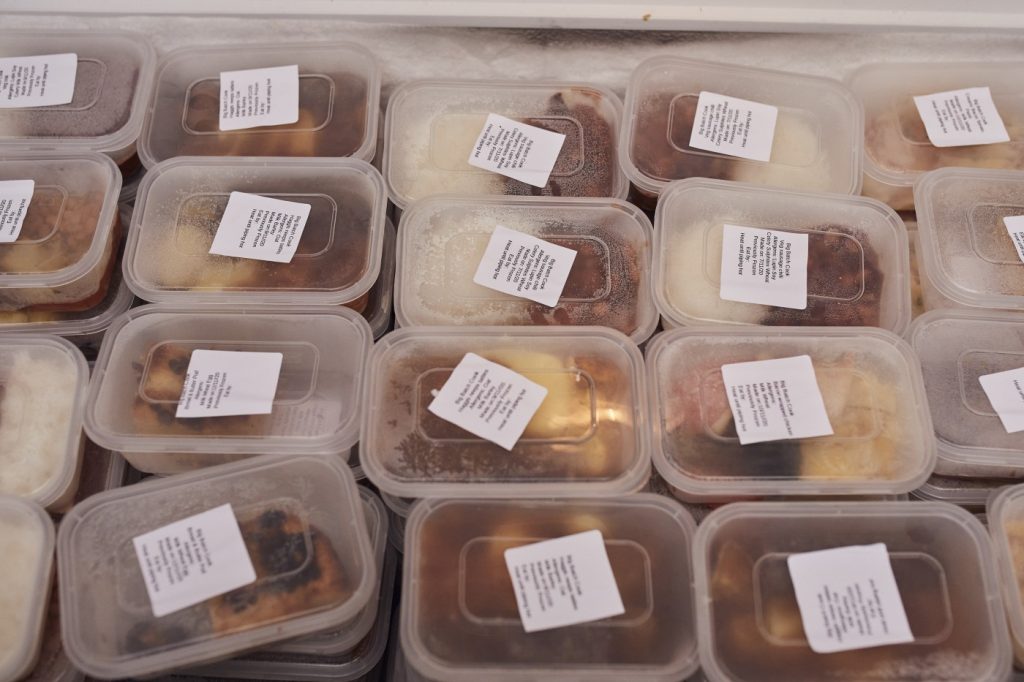
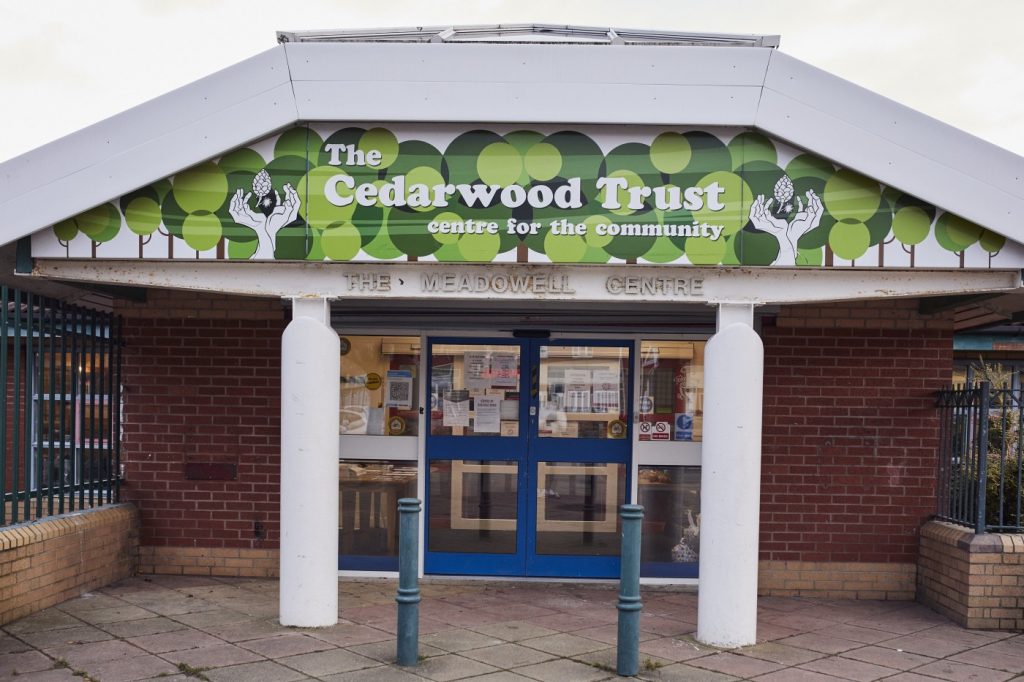
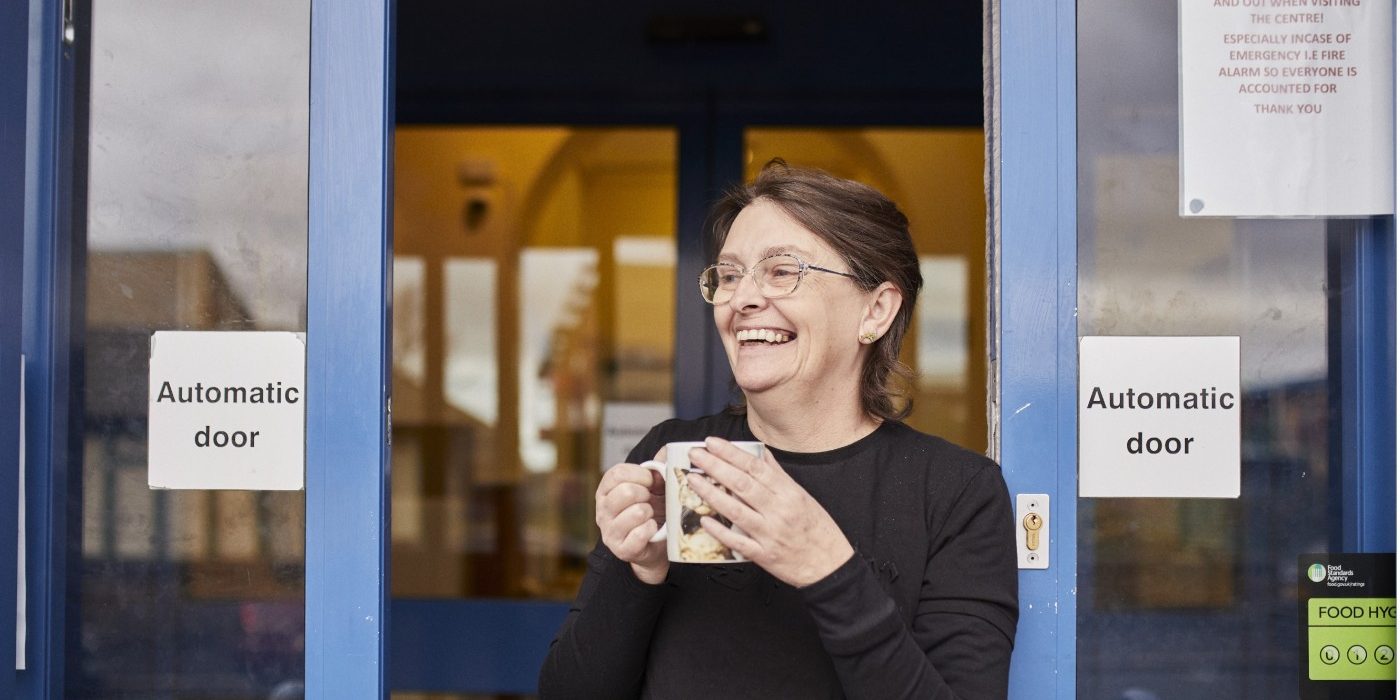
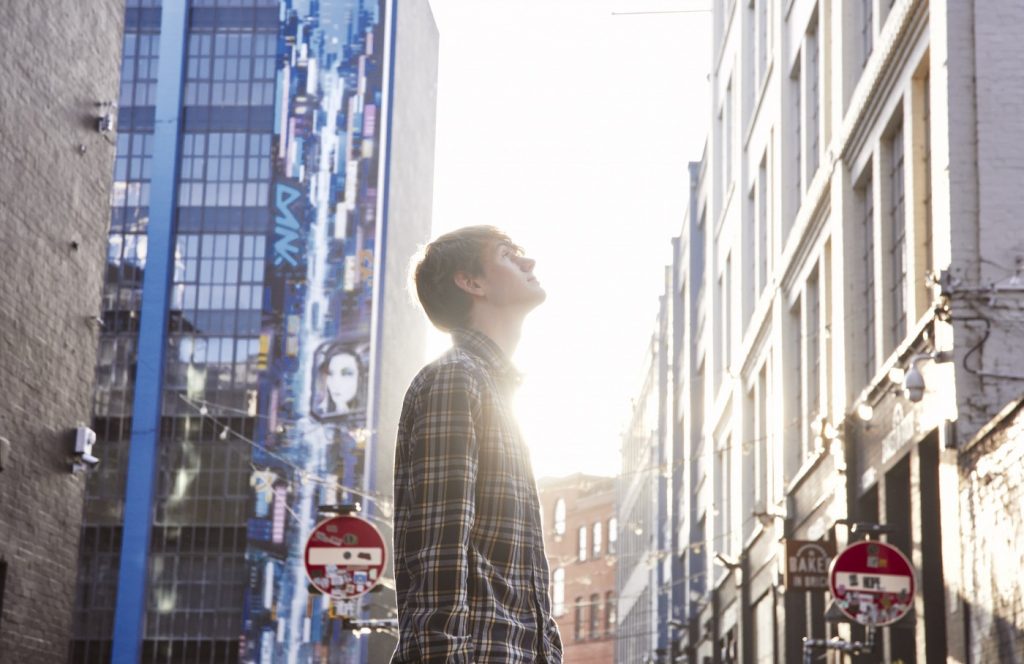
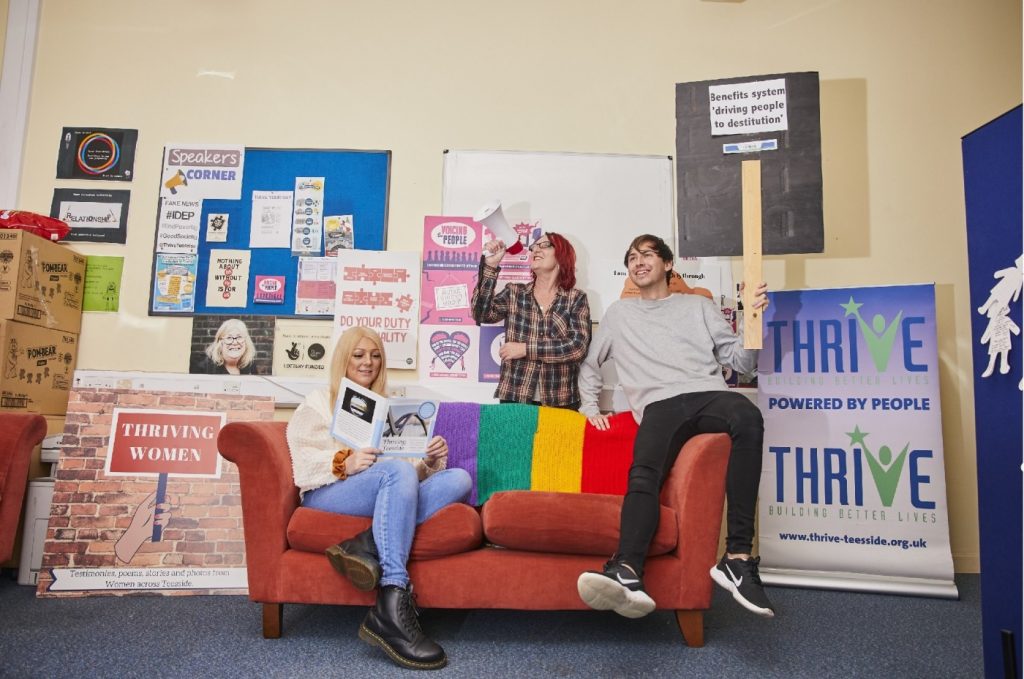
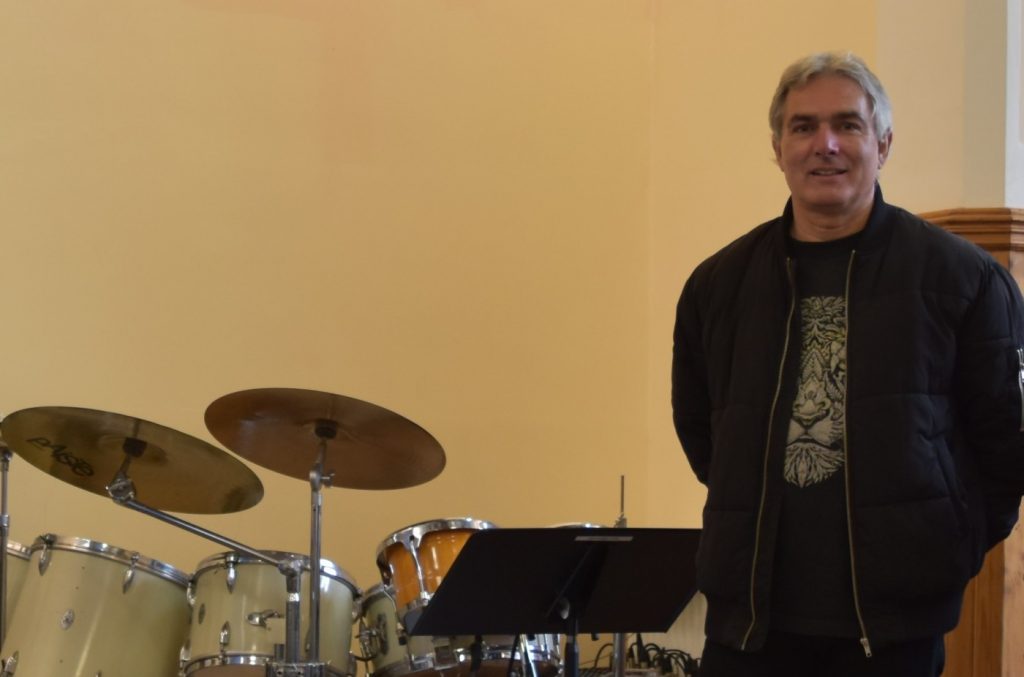
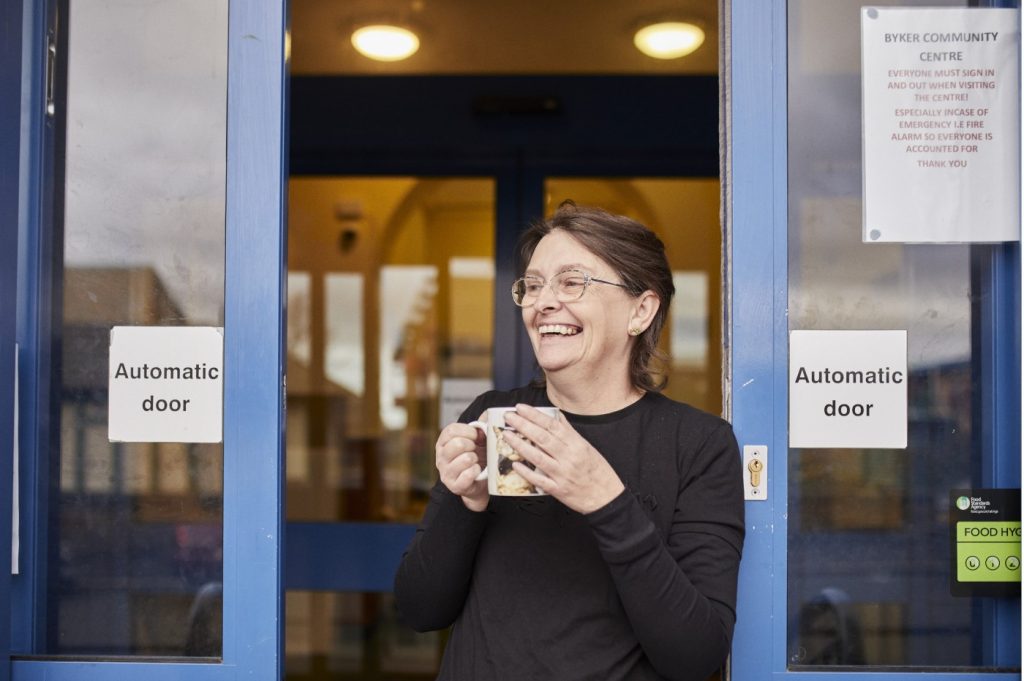
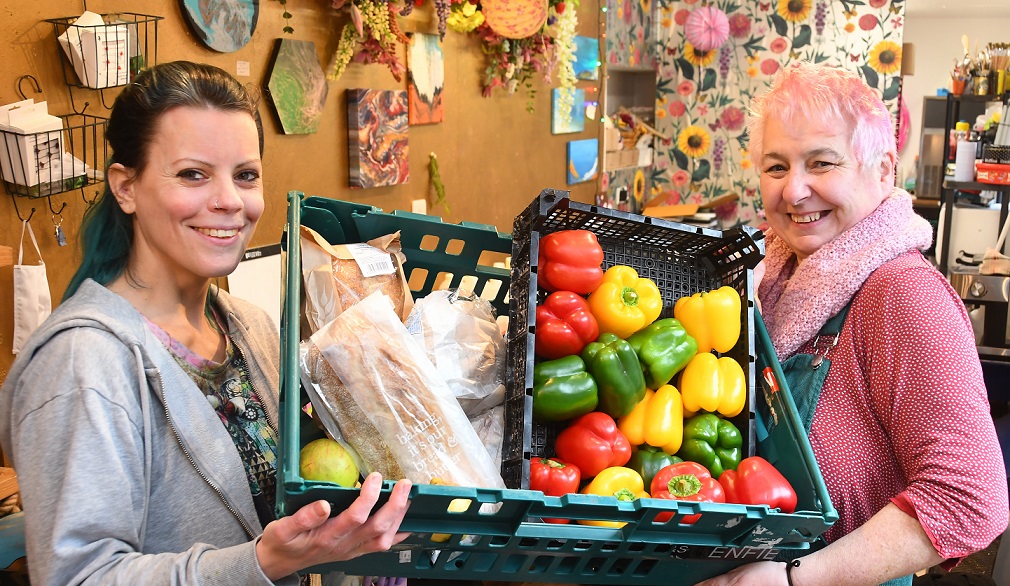
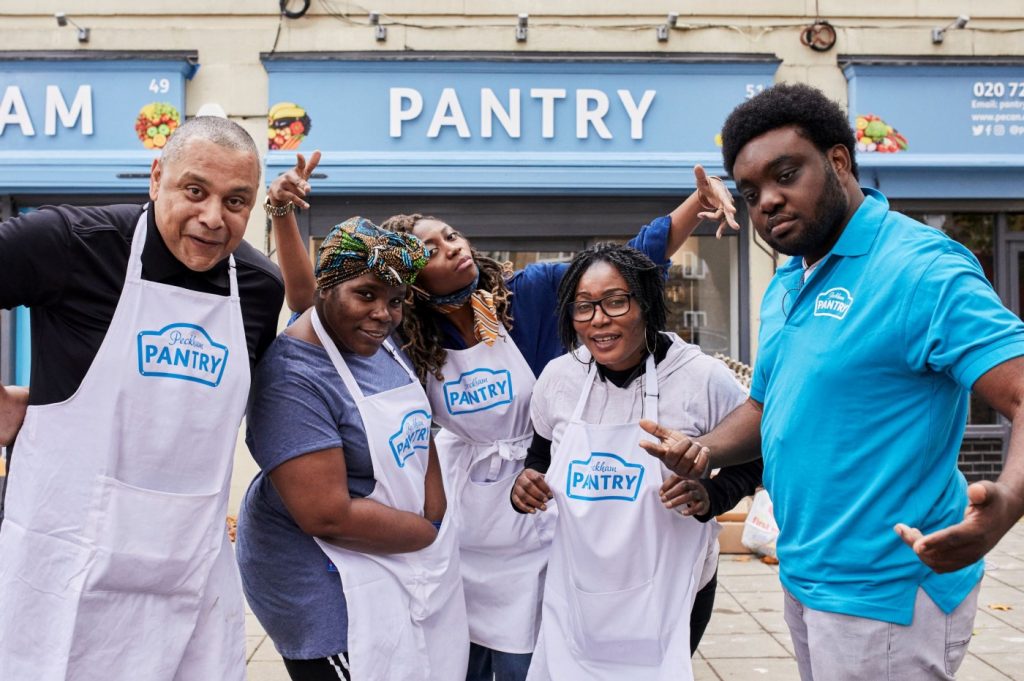
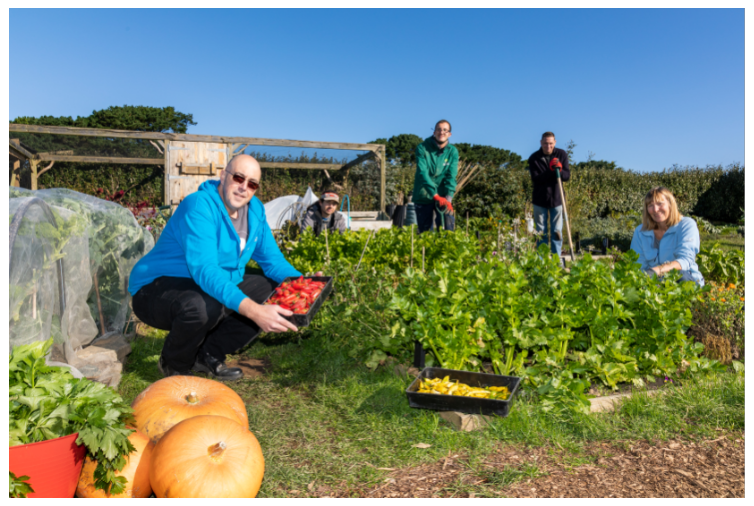
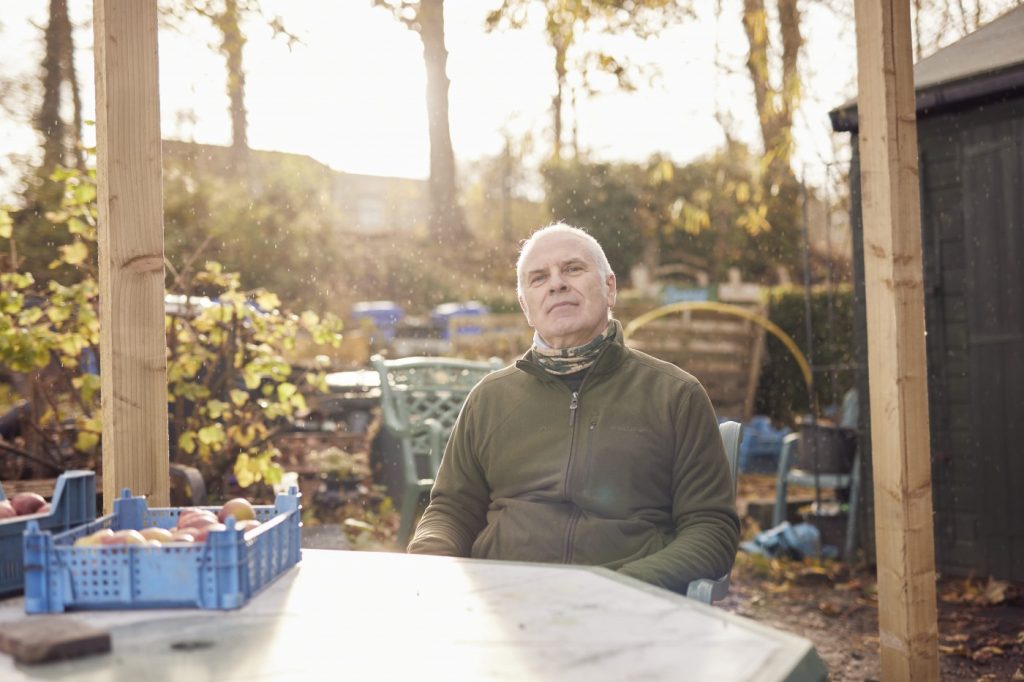

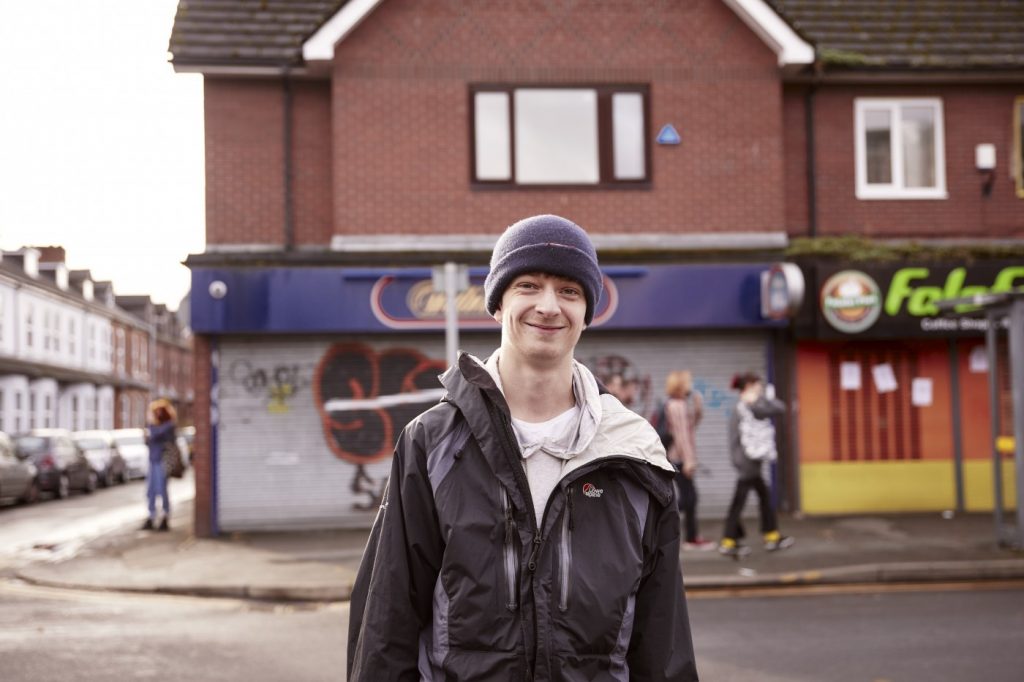
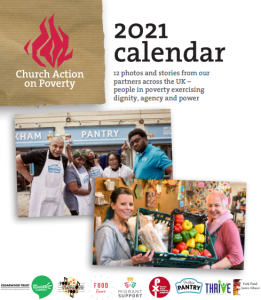
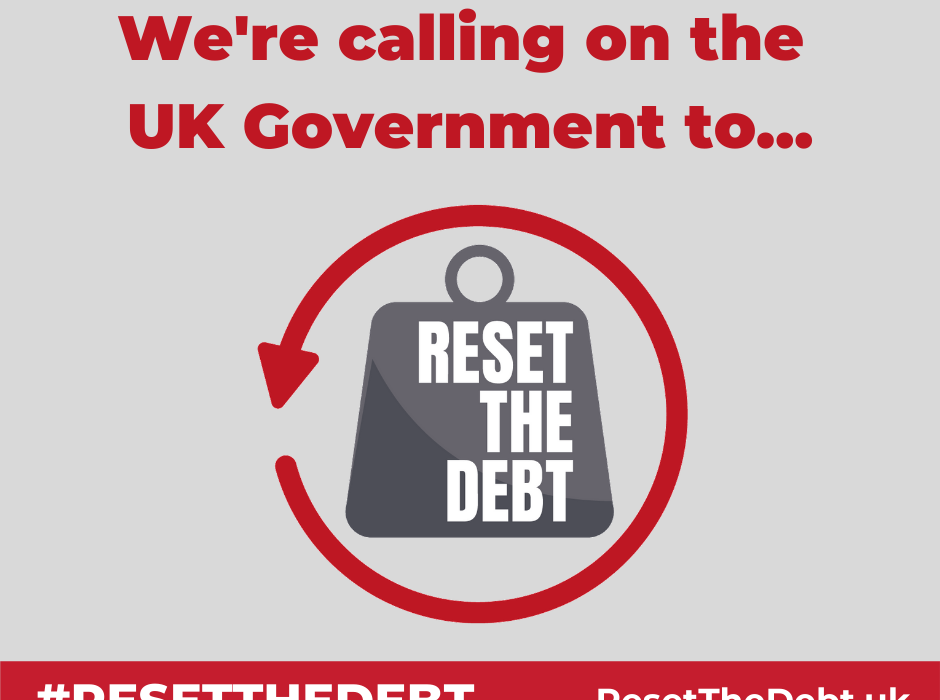


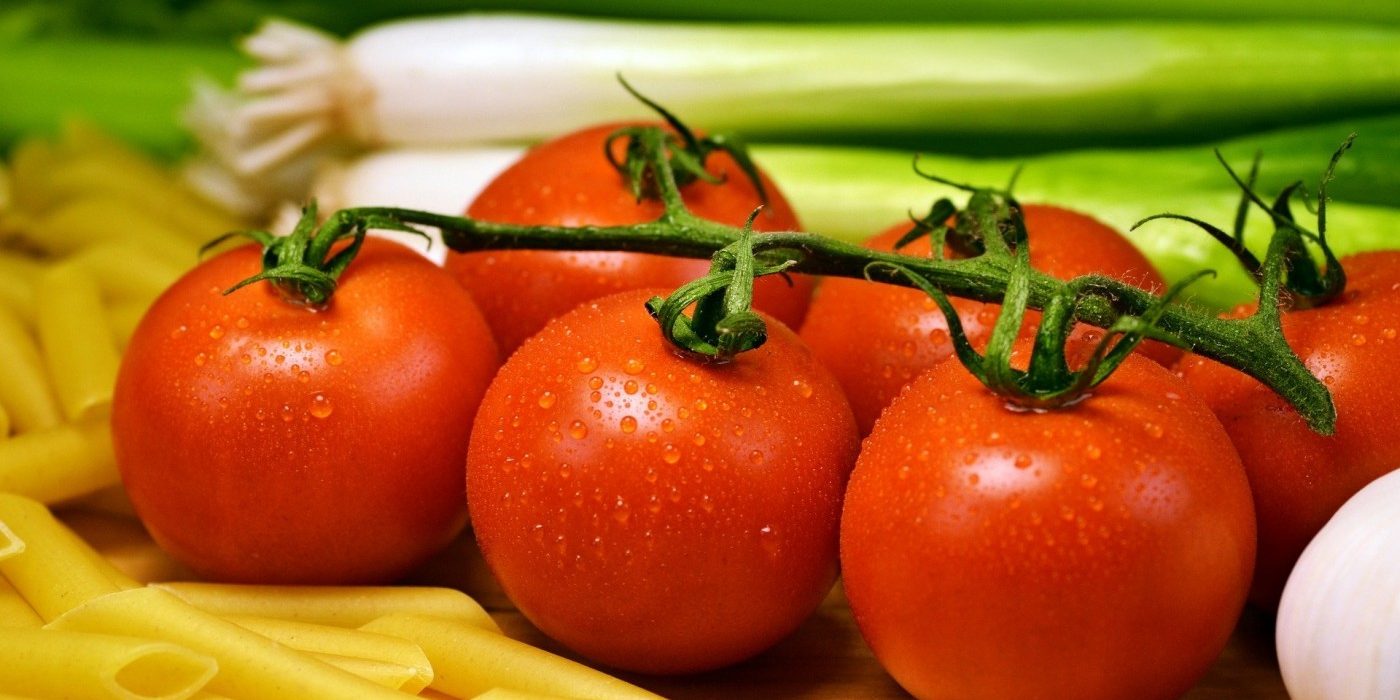
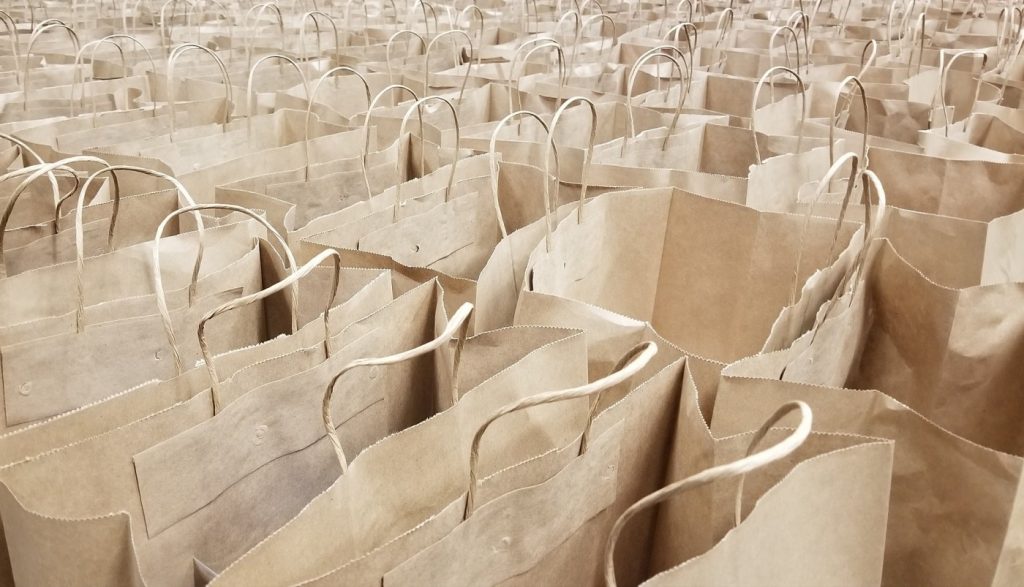
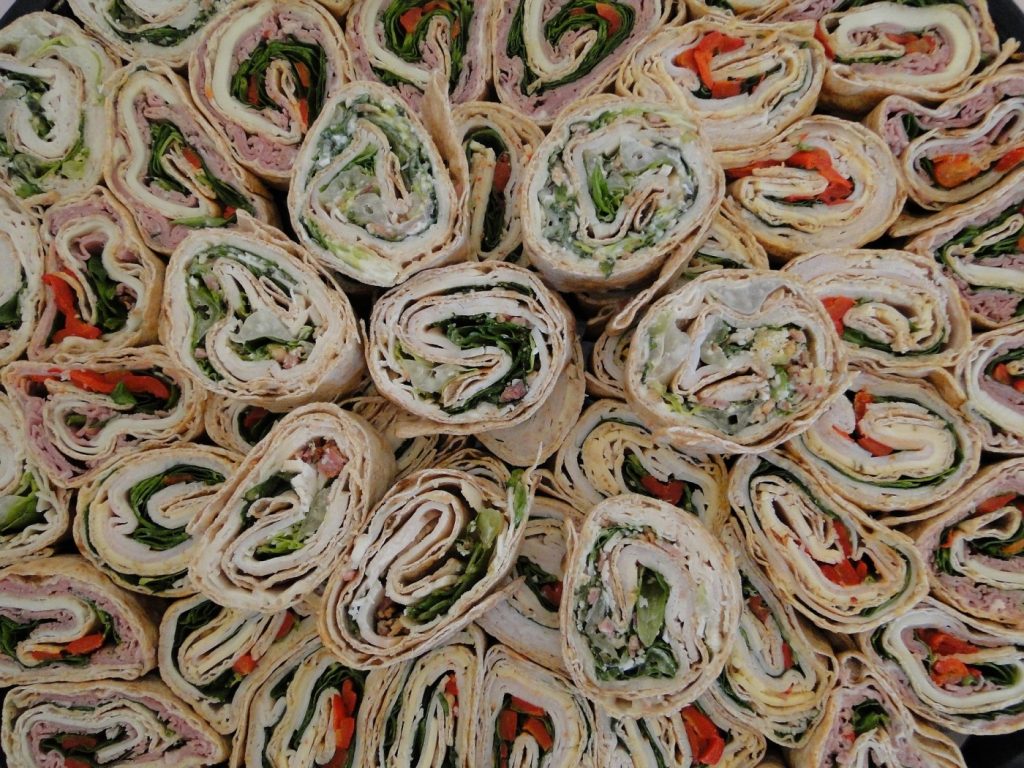
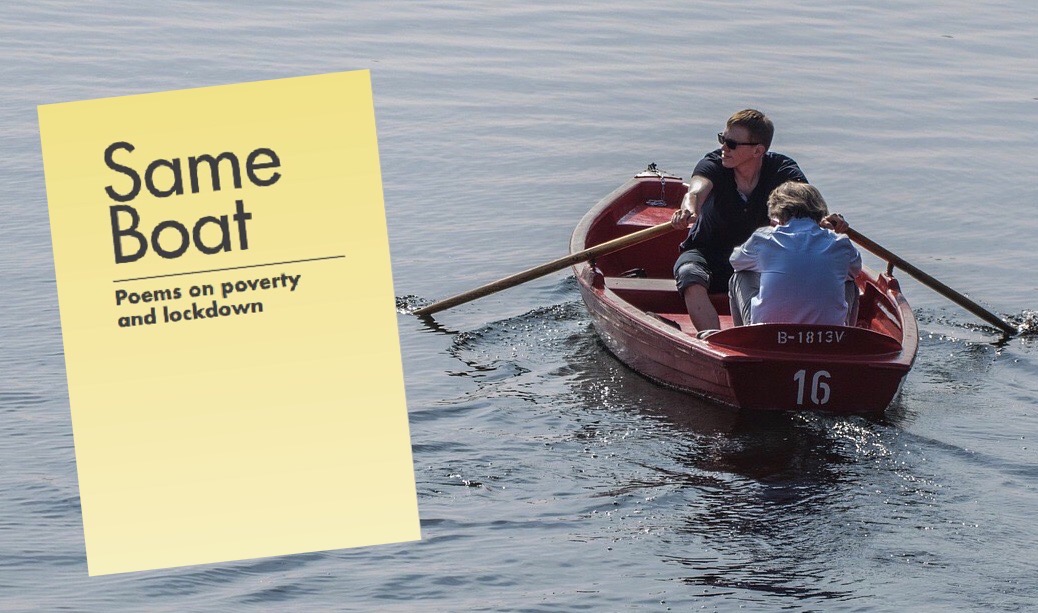
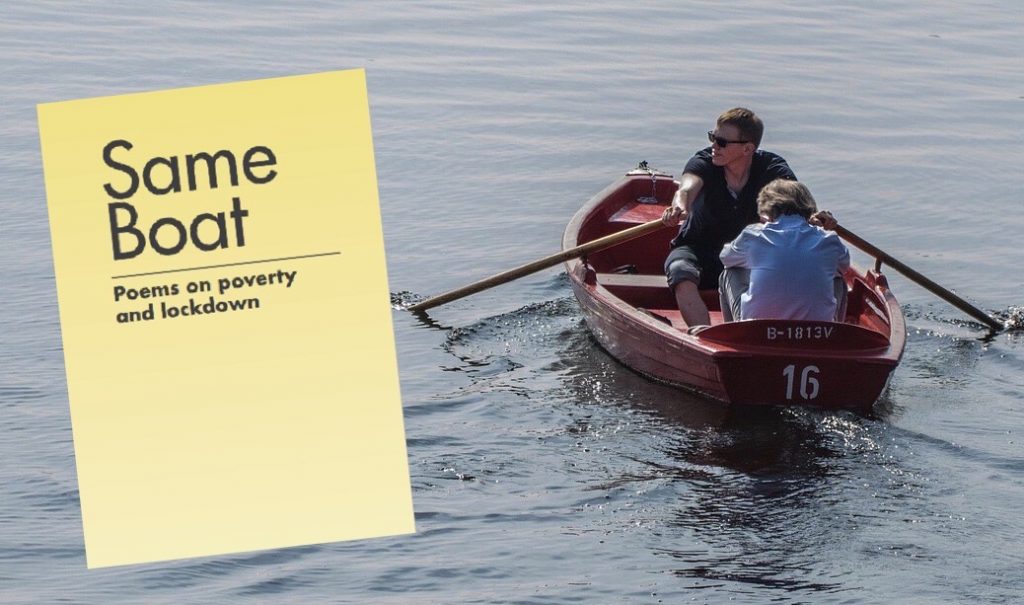
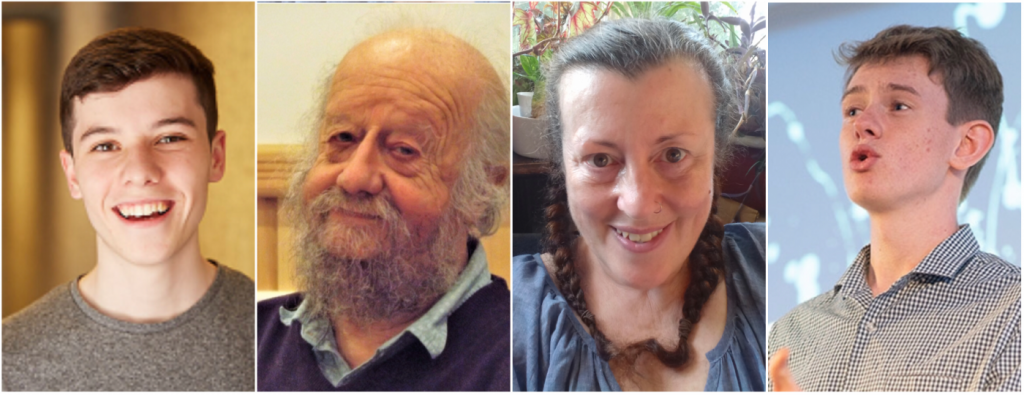
 Works include i have a voice by Penny Walters of Newcastle, which reflects on her determination to speak out against poverty, despite having “abused and berated downcast / shunned”, and 100 days by Earl Charlton, which reframes his experience from that of victim to expert. He writes: “being homeless before and living in social isolation, gave me the knowledge and sense to beat this complicated situation”.
Works include i have a voice by Penny Walters of Newcastle, which reflects on her determination to speak out against poverty, despite having “abused and berated downcast / shunned”, and 100 days by Earl Charlton, which reframes his experience from that of victim to expert. He writes: “being homeless before and living in social isolation, gave me the knowledge and sense to beat this complicated situation”.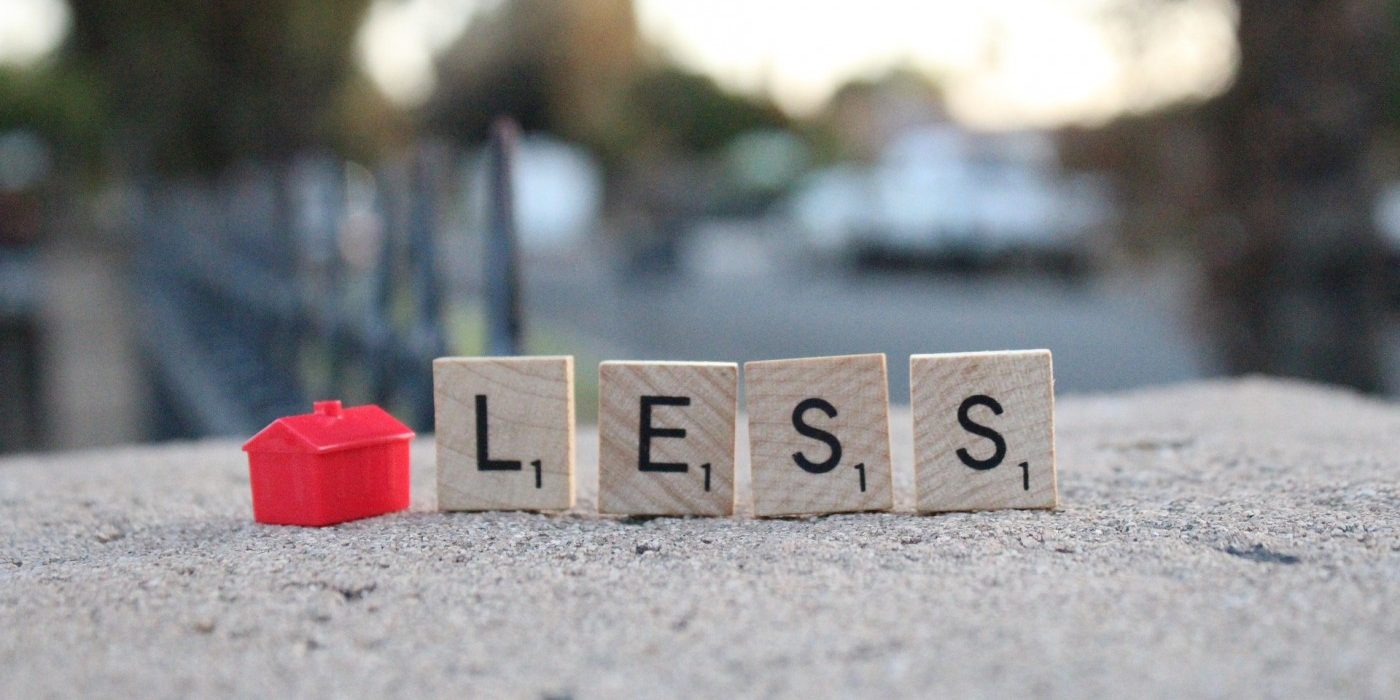
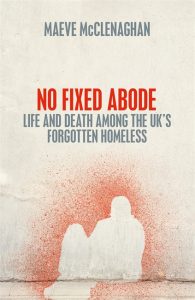 No Fixed Abode by Maeve McClenaghan is published this month. It tells the stories of many people who have been pushed into homelessness and who have died or lost friends – and it challenges us all to make this a turning point.
No Fixed Abode by Maeve McClenaghan is published this month. It tells the stories of many people who have been pushed into homelessness and who have died or lost friends – and it challenges us all to make this a turning point.